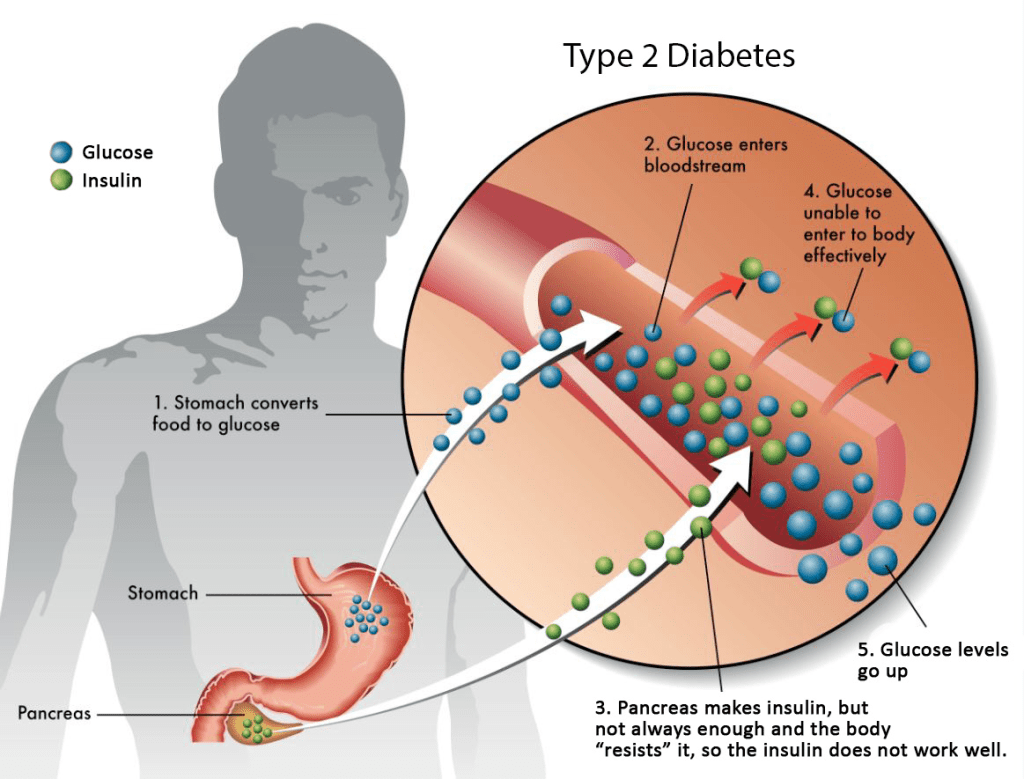1. Frequent Urination and Increased Thirst
When your blood sugar is high, your kidneys work overtime to flush it out—causing you to urinate more often. This in turn makes you thirstier than usual.
2. Unexplained Fatigue
Feeling drained even after a good night’s sleep? Elevated blood sugar prevents your cells from getting the energy they need, leaving you constantly tired.
3. Blurred Vision
High sugar levels can distort the shape of your eye lenses, making your vision blurry. If it clears up and returns again, don’t ignore it.
4. Sudden Weight Loss (Especially in Type 1)
When your body can’t use sugar for fuel, it starts breaking down fat and muscle instead. Unintended weight loss is a big red flag.
5. Slow Healing Wounds or Frequent Infections
High blood sugar can impair circulation and immune function, making it harder for your body to fight off infections and heal wounds.
6. Tingling or Numbness in Hands and Feet
This can be an early sign of nerve damage—a common complication of long-term diabetes.
Why Is Diabetes So Dangerous?

It’s not just the disease itself that’s threatening—it’s the long-term complications. Without early diagnosis and proper control, diabetes can quietly damage nearly every major system in your body.
Here are just a few of the potential consequences:
- Heart disease – Diabetes significantly increases your risk of heart attacks and strokes.
- Kidney failure – Over time, high blood sugar damages the kidneys’ filtering system.
- Vision loss – Diabetic retinopathy can lead to blindness if untreated.
- Nerve damage – Known as diabetic neuropathy, this can cause pain, numbness, and even lead to limb amputation.
- Weakened immune system – Making you more prone to infections.
These are not just minor health setbacks—they can drastically reduce quality of life and even become life-threatening.
Who’s Most at Risk of Developing Type 2 Diabetes?
Anyone can get diabetes, but some people face a higher risk. Here’s what raises the likelihood:
- Family history of diabetes
- Being overweight or obese
- Sedentary lifestyle
- Poor diet high in sugar and processed foods
- Age 45 or older
- History of gestational diabetes or PCOS
If you fall into one or more of these categories, regular screening is essential—even if you feel perfectly fine.

